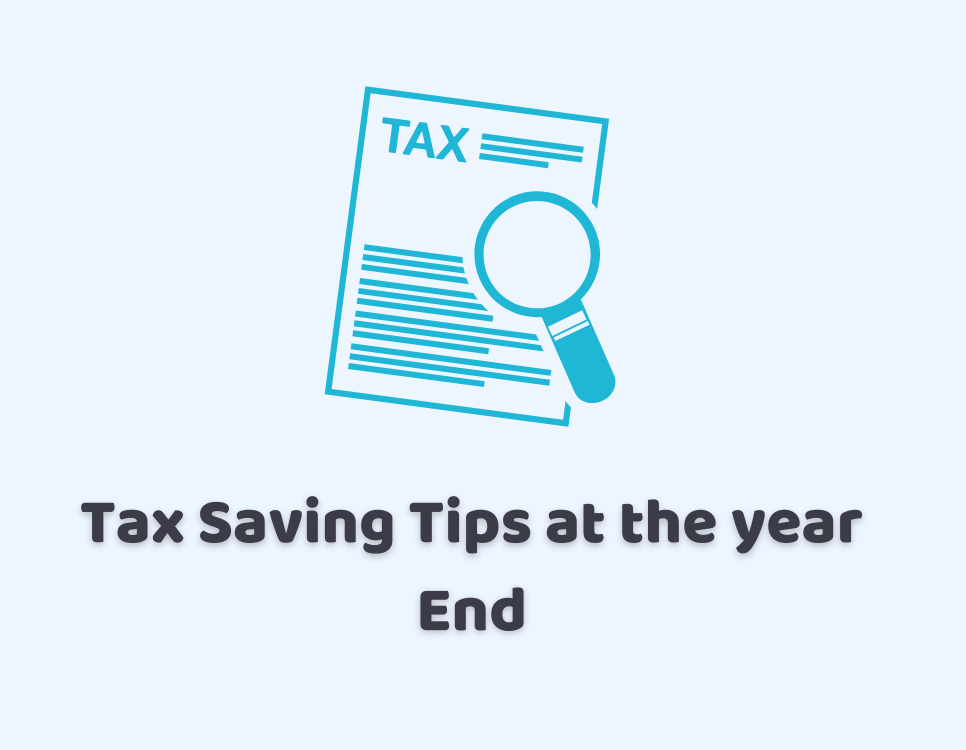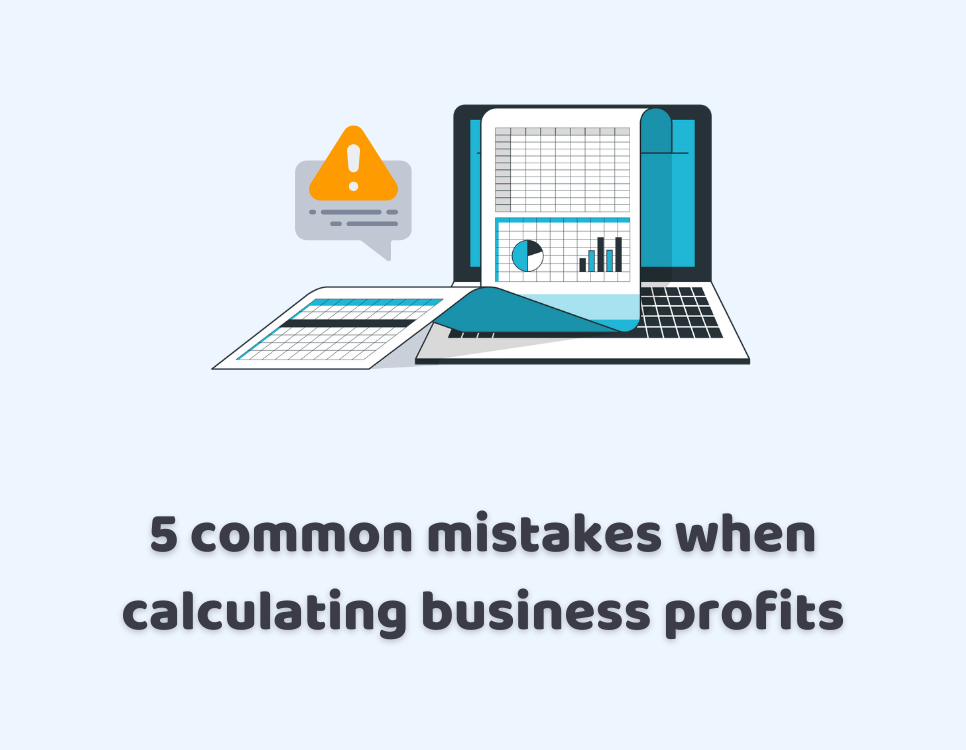
06/08/2019Tax Saving Tips
Before you know it, the time for year-end tax will be right around the corner. It can get stressful to try and get everything in order, but there is good news for you! You don’t have to lose your mind trying to end on a high! Head to your accountant right away and talk about the different ways you can complete in a fiscal high. With this, your year-end tax process will be smooth sails.
6 Tax Saving Tips At the Year End
Read on to learn the steps to create a smooth year-end tax process experience
Delay Income
Not many know this, but if a cash basis taxpayer receives any income before December 31, it is counted to that same year’s salary. With that knowledge, why not delay the act of receiving it? Delay that income and receive it on January 1 the following year. Depending on how much you’ve gained, you can save quite a bit of money with this method.
Analyze Financial Reports
Make sure you know how well your business did. Keeping the books up-to-date and as accurate as possible ensures that you will make the best, most precise decision possible. This will also help you set clear goals for the next year. If you don’t know what’s going on or unsure of what the numbers mean, ask your accountant or bookkeeper. They will run you through it and explain what the numbers mean.
Check Inventory
Keep an eye on your inventory. If it has decreased in market value, then you’re in luck! Depending on what is going on, you may be able to apply extra deductions for the current year. This method will depend on the practices of accounting used by your business. Consult your accountant once again for any advice to carry out these necessary actions.
Buy Right Away
If you need to buy anything for your business, buy it right now. The more you spend, the more deductions you can make. Do you find the need to buy more office supplies? Go out and purchase pens, pencils, erasures, papers, and other office supplies. Upgrade an old laptop if you have found one. Pay in advance for anything if you can. Talk to your accountant and create a list of what you can buy now to add to deductions.
Contribute to Charity
Offering to charity does not only help add even more deductions to the year, but it also boosts your company’s reputation, resulting in a win-win situation. You don’t have to donate raw cash. You can donate supplies, clothes, toys, and other items. Make sure you have all the proper documents and receipts as proof to your donation and purchases.
Start Next Year, Now
Don’t start when the fiscal year is about to end. Start right away, because the earlier you begin preparations, the smoother the year-end tax process becomes.
Work together with your accountant and pump out creative ways to add even more deductions. Make sure to address whatever they need and ask whatever you want to know. The last thing you want is a miscommunication that may end up putting your company into unnecessary trouble.
CruseBurke specializes in accounting for small businesses, get in touch today to see how we can help.


